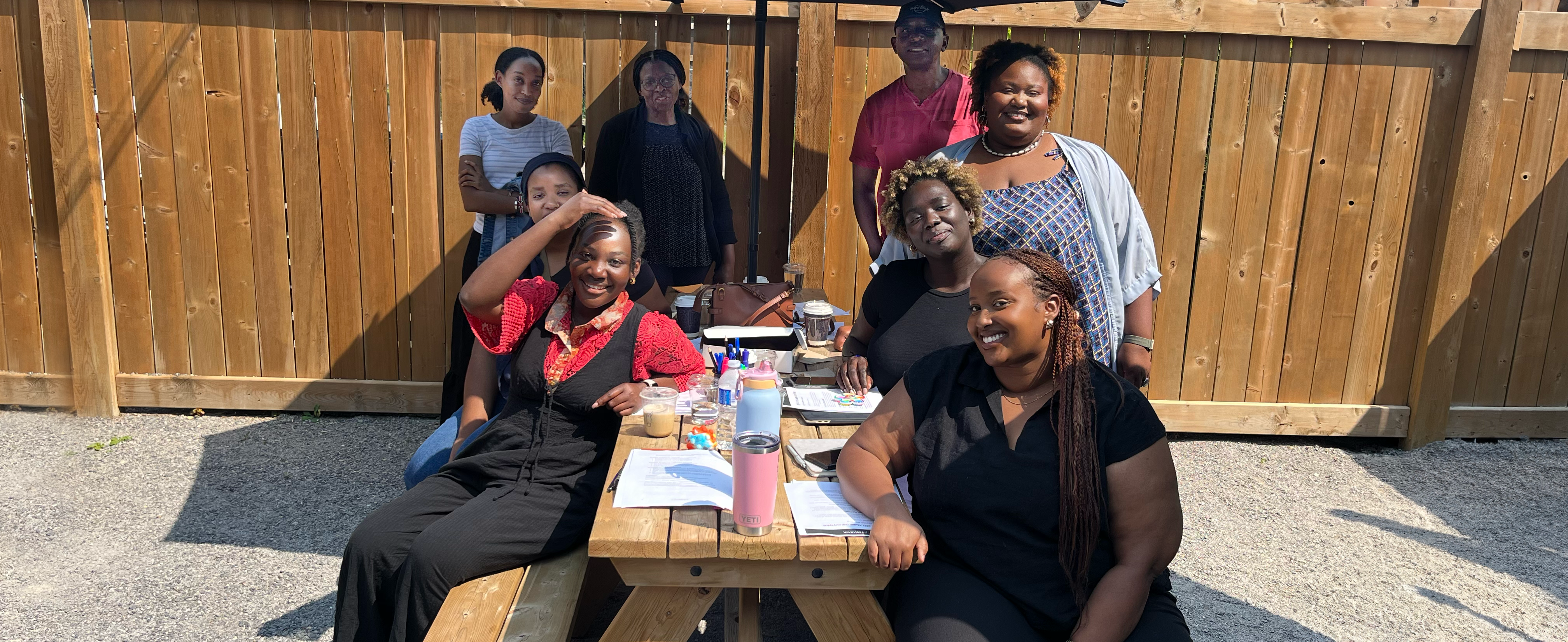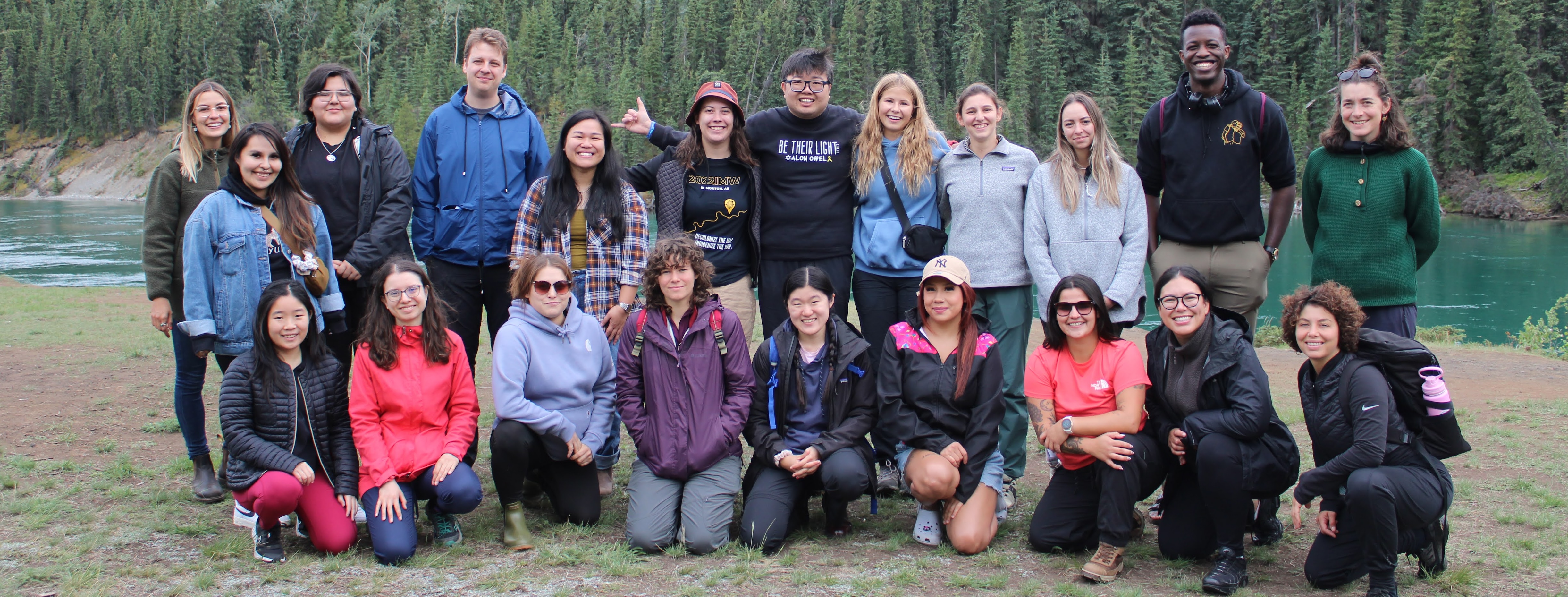Cette ressource est également disponible en français. Pour y accéder, veuillez cliquer sur l’icône du globe dans le coin supérieur droit de la page et choisir Français – Canada.
This article is written by Nadja Nickel and Laura Schnurr
This article explores the critical role of community engagement in climate adaptation and resilience efforts. It highlights the disproportionate impacts of climate change on equity-deserving groups and stresses the need to centre their voices in decision-making processes. Authors Laura Schnurr and Nadja Nickel unpack six reasons why engaging residents, particularly those with lived experience of climate injustice and inequities, in climate adaptation is important. These include the value of local and traditional knowledge of a given place, an increased sense of ownership and agency which can foster greater buy-in and hope, strengthened trust in democracy, and more equitable outcomes.
Several international case studies are cited as examples of successful community-driven climate adaptation initiatives, from participatory budgeting in Vienna, Austria, to urban reforestation in Freetown, Sierra Leone, to braiding Indigenous and Western knowledge to promote sustainable development in New Brunswick, Canada. Each of these underscores the importance of collaboration and inclusion in building resilience.






















